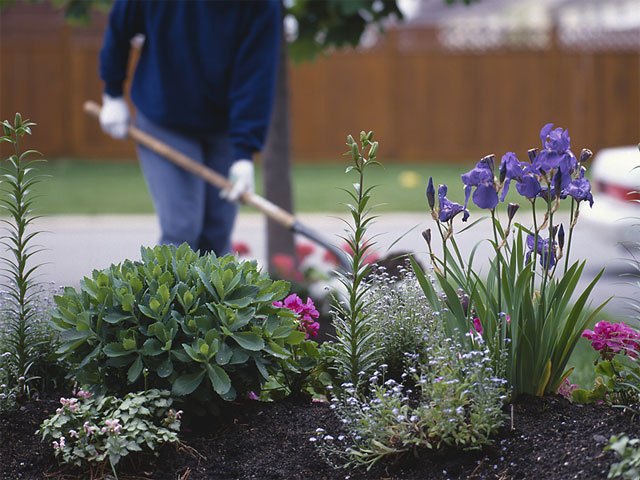
Any kind of gardener will inform you that there is something really special about being outdoors, operating in the dust to plant as well as weed as well as tend your little spot of earth.
For a populace who spends more and more time seated behind a workdesk using technology far from nature, the wellness benefits of gardening consist of working outside obtaining your hands dirty and taking pleasure in the fresh air. A novel means to waste time that just happens to be good for you also.
Gardening can relieve your stress and anxiety levels, keep your body limber and also absolutely improve your state of mind.
A brand-new research recommends that doing gardening can combat anxiety better than various other leisure time activities.
After doing a demanding activity, two various groups were instructed to review indoors or work in the garden for half a hr. Afterward, the gardening team reported an improved mood compared to those that check out. They likewise presented reduced degrees of cortisol, the anxiety hormone.
Specialists believe that everyone have actually just a limited ability for the sort of directed attention called for in our 24/7, always on world, and that we’re maxing ourselves out in regards to needing to listen so much of the time. When we’ve reached our limitation, we obtain irritable, make blunders, are distracted and also over stressed.
The bright side? The result can be turned around with a form of effortless focus that comes from being outdoors, appreciating nature.
The rhythm of nature and the recurring nature of most of the jobs associated with gardening are all instances of effortless focus.
Horticulture helps boost your mood.
A Norwegian research study on those with depression, a lingering reduced mood or bipolar disorder involved topics investing 6 hrs weekly having a tendency veggies as well as blossoms. Read more information about getting your garden holiday ready.

At the three-month mark, half of the topics had actually discovered a quantifiable enhancement in their signs of depression. And also their state of mind proceeded boost for 3 months when the program ended. Perhaps it was the uniqueness of a new experience that assisted, or possibly it was something in the dirt itself that might be responsible.
Seeking this idea, researchers have actually been infusing mice with a harmless microorganisms that’s found in soil called Mycobacterium vaccae. This appears to up the release and use of serotonin in the part of the brain in charge of thinking as well as mood. This is the same device affected by serotonin enhancing antidepressant medications in broad usage today.
Should we all throw our tablets as well as obtain our hands dirty instead?
Experts aren’t supporting that, however instead recommending that until now, we’ve spent great deals of time with M. vaccae in addition to lots of various other pleasant microbes, and also possibly the lack of these lengthy standing buddies has actually affected our bodies in ways we’ve yet to recognize.
Horticulture does obtain you up as well as outside … in the open air. The requirements of the yard require a variety of various activities, bending, digging, weeding and also other repetitive tasks are a fantastic means to consist of some reduced impact workout right into your life, particularly good for those that are not able to do more vigorous exercises. What’s even more, when the horticulture’s done, not only have you exercised, but you environments look fantastic as well.
This makes horticulture an exercise that people might be more likely to keep up as well as do regularly. Instead of being exercise for exercise sake, horticulture has a purpose and a visible, tangible objective that you can see right away. Hard to beat.
Horticulture motivates good nutrition. If you’re a vegetable cultivator, you have the assurance knowing that the food you have actually expanded and placed on your table is the freshest you can get. As well as being super healthy as well as absolutely scrumptious.
A few studies have concluded that those who garden eat increased amounts of fruits as well as veggies than those that do not. Studies of children show that children who work in the yard are also more likely to include excellent foods like fruits and veggies in their diets, as well as are much more daring when it involves trying brand-new foods.
Horticulture benefits the mind as well. There’s some proof that the activity called for in gardening can aid lower the risk of dementia. 2 different research studies that took a look at topics in between 60 as well as 79 for a period of up to 16 years found that those who worked in the yard regularly had up to a 47% decreased danger of dementia contrasted to those who didn’t yard. This drop held also after making up a variety of added wellness aspects.
While even more work needs to be done; these searchings for recommend that functioning outside in the garden brings both physical and psychological activity that might have a positive influence on the mind.





